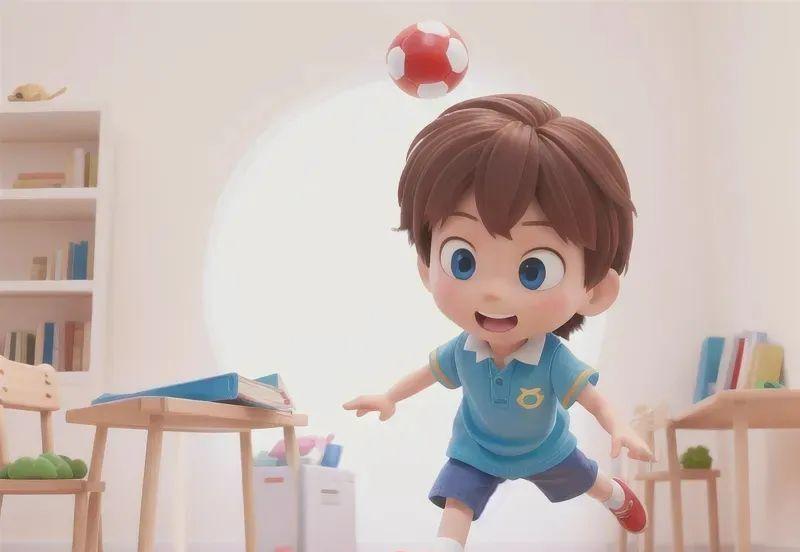When the child reaches this age, if there are still these bad behaviors, parents should pay attention to them
Apricot mom parenting
2024-07-10 10:00Posted in Guangdong Parenting Creator
Written by: Xiao Mu
I went to the supermarket on this day and saw a mother with a child about 3-4 years old going to the supermarket to shop. When the child saw his favorite chocolate, he cried and cried out for his mother to buy it for him. The mom explained that she can't eat chocolate all the time, but can opt for some healthy snacks. But the child didn't listen, and he began to cry loudly, which embarrassed the mother.
In fact, in the process of children's growth, the cultivation of behaviors and habits is very important. 4-year-olds are in a critical period of personality and social development, and some bad behaviors can have a profound impact on their future if not corrected in time. As parents, we must identify these behaviors and take effective measures to correct them.

1. Capricious and vexatious
Children at this age begin to have their own ideas, and they express their needs and desires in a variety of ways. If parents insist on meeting all of their children's demands, it may encourage them to be willful and vexatious. This not only affects the development of a child's character, but may also make them socially difficult.
At this time, parents need to be firm and gentle with their children's requirements, and unreasonable requests will not be satisfied. When your child is emotional, you can use distractions such as telling them stories and playing games to help them calm down. Communicate with your children more often and teach them to express their needs in a reasonable way.
2. Dependency psychology
Children are still dependent on their parents and expect their parents to do everything for them. Such dependency affects the development of their independence and self-care skills. Parents should gradually cultivate their children's self-care skills, starting with some simple things, such as dressing, washing, tidying up toys, etc. Give your child appropriate encouragement and praise so that they feel a sense of accomplishment after completing the task. Gradually increase your child's sense of responsibility, such as involving them in small tasks at home, to increase their independence and self-confidence.
3. Temper tantrums
Children have great mood swings and are prone to tantrums over trivial things. If parents do not guide them, children's temper problems may affect their learning and interpersonal relationships. Parents should first stay calm and not lose patience because of their child's tantrums. You can soothe your child with hugs, whisper softly, etc., to help them calm down. After that, talk to your child about the reason for their tantrums and teach them how to express their emotions in an appropriate way, such as verbal expression, and the word "please" for what they don't like.
4. Unruly
Children are very curious, but sometimes they are unruly, such as making loud noises in public places and not listening to commands. If not corrected in time, it may affect the child's social etiquette and sense of norms. Parents should lead by example, follow the rules themselves, and clearly tell their children what behavior is unacceptable. The importance of following rules can be taught to children through games, stories, etc., and these rules can be strictly enforced in daily life. For well-behaved behavior, timely praise and rewards should be given to reinforce children's good behavior.
Children at this age are in the formative period of personality and behavioral habits, and parents need to help children overcome bad behaviors and develop good habits through scientific methods and correct guidance when facing various behavioral problems of their children, so as to lay a solid foundation for their future development.
[The above content is for reference and learning, please carry out under the guidance of professionals, on the road of parenting, we are all novices, how to take better care of children, you can follow me, and discuss those things on the road of parenting with me. 】
View original image 38K
-

When the child reaches this age, if there are still these bad behaviors, parents should pay attention to them -
When the child reaches this age, if there are still these bad behaviors, parents should pay attention to them -
When the child reaches this age, if there are still these bad behaviors, parents should pay attention to them -
When the child reaches this age, if there are still these bad behaviors, parents should pay attention to them